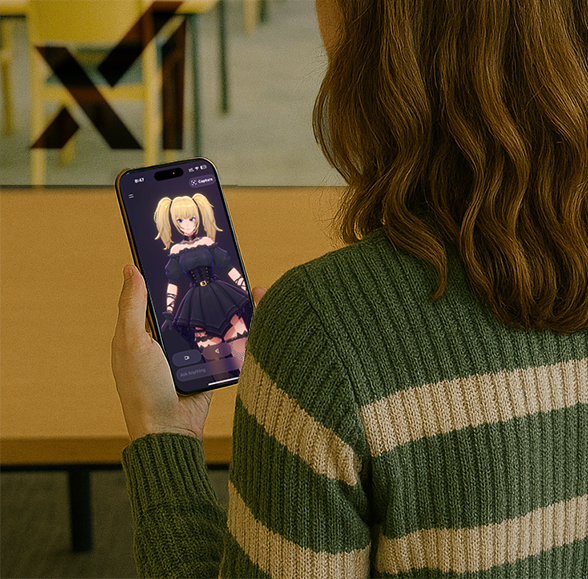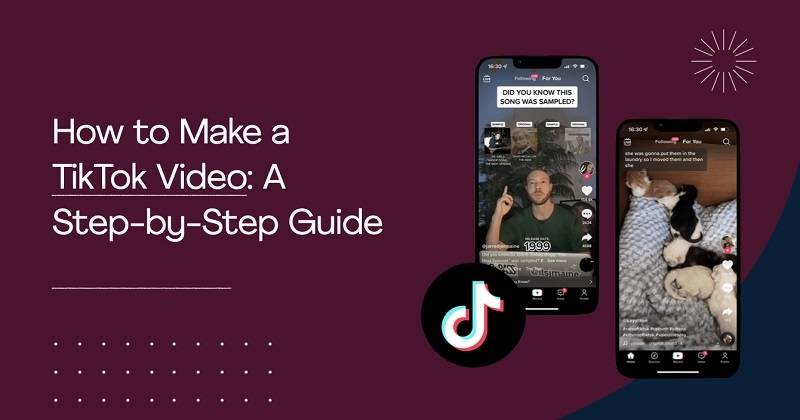In July, Elon Musk's xAI team officially launched a new feature called " Companions ", adding interactive 3D virtual characters to its AI chat product Grok, including "Gothic anime girl Ani" and "naughty panda Bad Rudy". More noteworthy is that these AI characters can turn on NSFW mode (i.e. adult conversations not suitable for public occasions) after reaching a certain "relationship level".
For a time, social media was abuzz with discussions, with topics such as "Digital girlfriends are online" and "Can AI companions relieve loneliness?" flooding the screen. So, what does this new feature really mean? Is it a breakthrough in AI applications, or a wake-up call for human mental health?

What are xAI's "AI Companions"?
"AI Companions" is a new feature launched by xAI (Elon Musk's artificial intelligence company), embedded in its Groks chat system, and available to paid subscribers.
In July, Elon Musk's xAI team officially launched a new feature called " Companions ", adding interactive 3D virtual characters to its AI chat product Grok, including "Gothic anime girl Ani" and "naughty panda Bad Rudy". More noteworthy is that these AI characters can turn on NSFW mode (i.e. adult conversations not suitable for public occasions) after reaching a certain "relationship level".
For a time, social media was abuzz with discussions, with topics such as "Digital girlfriends are online" and "Can AI companions relieve loneliness?" flooding the screen. So, what does this new feature really mean? Is it a breakthrough in AI applications, or a wake-up call for human mental health?

What are xAI's "AI Companions"?
"AI Companions" is a new feature launched by xAI (Elon Musk's artificial intelligence company), embedded in its Groks chat system, and available to paid subscribers.
The main features are as follows:
3D dynamic virtual characters: with animated expressions and body movements, supporting voice interaction
Humanized dialogue experience: Combined with Grok's language model technology, it provides human-like emotional communication
NSFW mode: You need to reach the "relationship level" to unlock the private conversation content
Optimus robots can be embedded in the future: Musk said these roles may "become reality" in the future
The characters currently released include:
Ani: A Gothic AI girl, focusing on love companionship and gentle interaction
Bad Rudy: A panda with a bad temper, a playful and humorous style
This is not just an AI chat, but also a psychological and emotional "immersive experience".
Tutorial: How to enable xAI's "AI Companion" function?
Currently only available to SuperGrok subscribers, the specific steps are as follows:
1. Subscribe to SuperGrok
Visit the settings page of xAI or Grok
Upgrade to a SuperGrok subscription (currently more expensive and only available in certain regions)
2. Enable Companions mode
Enter the Grok App or web version settings
Find the "Companions" switch and enable it
The system will download the 3D animation module
3. Choose your partner role
The characters currently online include:
Ani: A Gothic anime girl, focusing on emotional companionship and voice interaction
Bad Rudy: A naughty anthropomorphic panda with a slightly provocative style
More characters coming soon
4. Improve the "relationship level"
Chat, share your feelings, and complete interactive tasks every day
After reaching a certain "intimacy", you can unlock NSFW mode (adult content requires age confirmation)
Practical suggestions: How to use AI companions healthily?
AI companions are not enemies, but abuse can become a burden. The following suggestions are for all users:
1. Maintain "instrumental cognition"
Realize that AI has no real consciousness or emotions. It is a program, not a "she" or a "he".
2. Do not replace real-life social interaction
It can be used as a companionship supplement, but it cannot be a substitute for real interpersonal relationships. Take the initiative to maintain contact with family and friends.
3. Limited time use
Set a daily time limit to prevent overindulgence or day-night reversal.
4. Stay away from false expectations
Don't expect AI to "understand everything about you," "stay with you forever," or "become a reality"—these are all marketing jargon.
5. Teenagers need strict restrictions
Parents should set access permissions to prevent minors from accidentally entering NSFW mode.
6. If emotional dependence occurs, it is recommended to seek professional support
If you start to become addicted to AI or experience emotional fluctuations as a result, it is recommended that you contact a mental health professional.
Is AI digital companion a trend or a trap?
From Replika to Character.ai, and now to xAI Companions, AI companion products have become a fast-growing track. Behind this is a set of interesting data:
In 2023, more than 61% of young people in the United States reported severe long-term loneliness;
Downloads of AI companion apps (such as Replika and Anima) have grown by more than 150% in the past two years;
User preference performance: More than 70% of interactive content has emotional tendencies, rather than just instrumental use.
To a certain extent, these products fill the gap in emotional companionship. Especially in the context of the soaring global loneliness index after the epidemic, the role of AI is gradually changing from "tool" to "partner."
Why is this so controversial?
Although "digital companion" type AI is not new (Replika, Anima, etc. have already been planned), but the most controversial aspect of xAI Companions is the launch of its NSFW (adult-friendly) interaction function. Some scholars and psychology experts have issued warnings about this:
"AI companions may induce users to become dependent on virtual relationships, leading to alienation from real social interactions."
The relevant research warnings are as follows:
AI lovers may induce "emotional illusions", where users have real emotions but cannot get a response;
Hindering motivation for real-life relationships: After relying on AI companionship for a long time, the willingness to enter into real-life relationships decreases;
"Emotional disconnection" effect: Once the system is shut down or inaccessible, some users even experience emotional breakdown.
Although xAI has set up "relationship development levels" to avoid abuse, this mechanism itself imitates the addictive model of dating games and will undoubtedly increase users' emotional investment.
Conclusion
The launch of xAI Companions may just be the beginning of digital human relationships. In this AI-driven "relationship revolution", we need not only technology, but also the simultaneous evolution of values and psychological defenses.
Virtual relationships can fill the gap, but they can never replace a real hug.
Will you turn on xAI's AI companion mode? What do you think of digital lovers?



